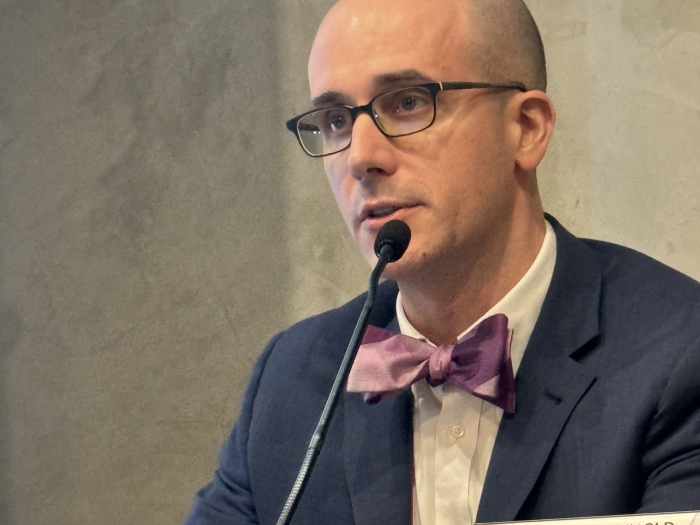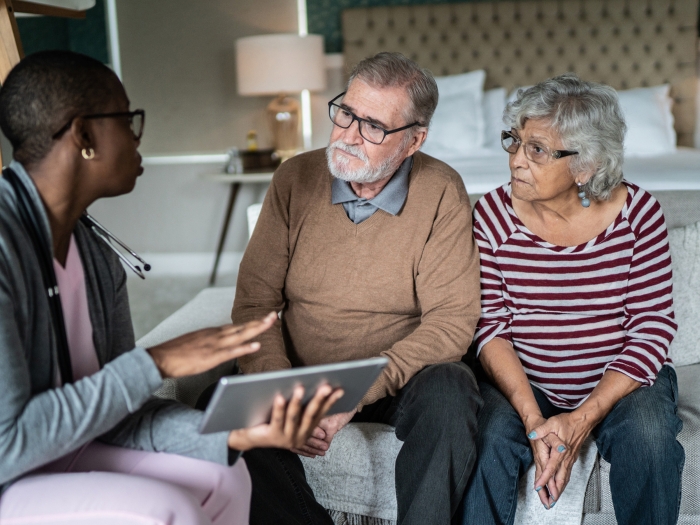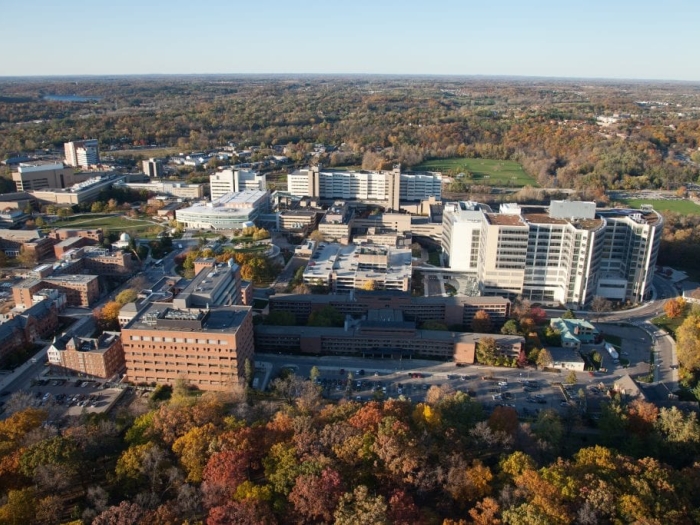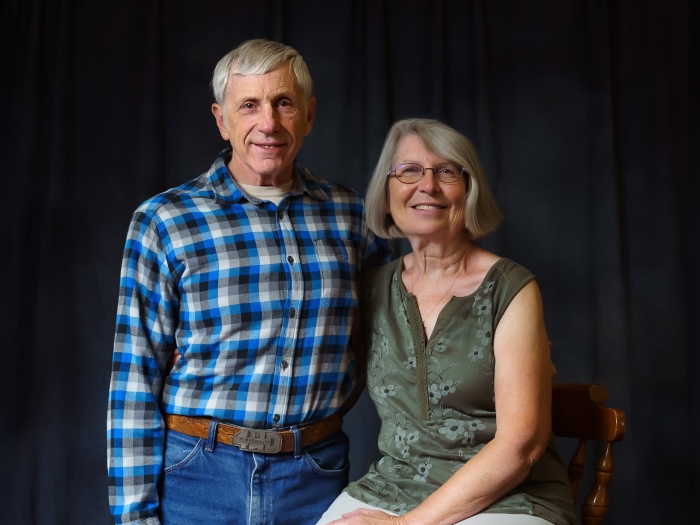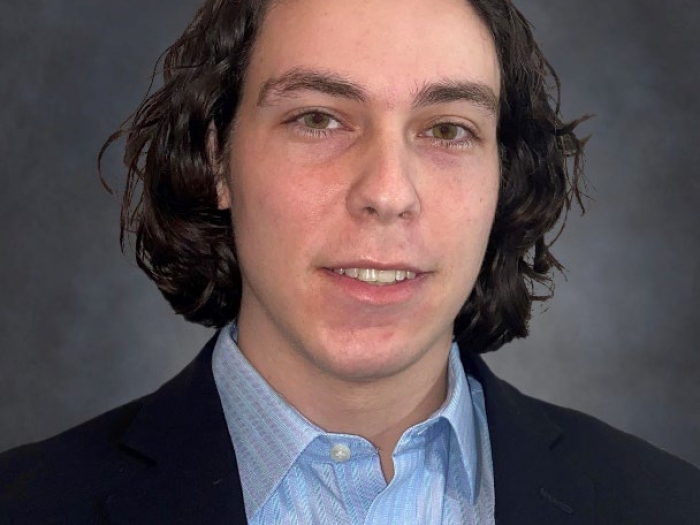6:22 PM
Author |
This weekend, June 6th-8th, instead of studying for the Infectious Disease/Microbiology quiz, I opted to go the American Medical Association's (AMA) Annual meeting in Chicago as U of M's representative.
I joined our chapter of the AMA in January with the goal of creating and influencing policy to protect the health of our patients, learning more about how to effectively advocate for patients as a future physician, and, of course, getting that sweet, sweet weekly copy of JAMA. Since joining, I've participated in social media campaigns in support of specific legislation, directly lobbied lawmakers on behalf of patients, and helped write a resolution advising the Michigan State Medical Society to take a stand against gun ownership for people convicted of intimate partner violence. Organized medicine has proven to be an awesome experience. Until this weekend, though, I hadn't taken part in one of the key activities of medical student AMA membership – the Annual Meeting of the Medical Student Section (MSS) Assembly.
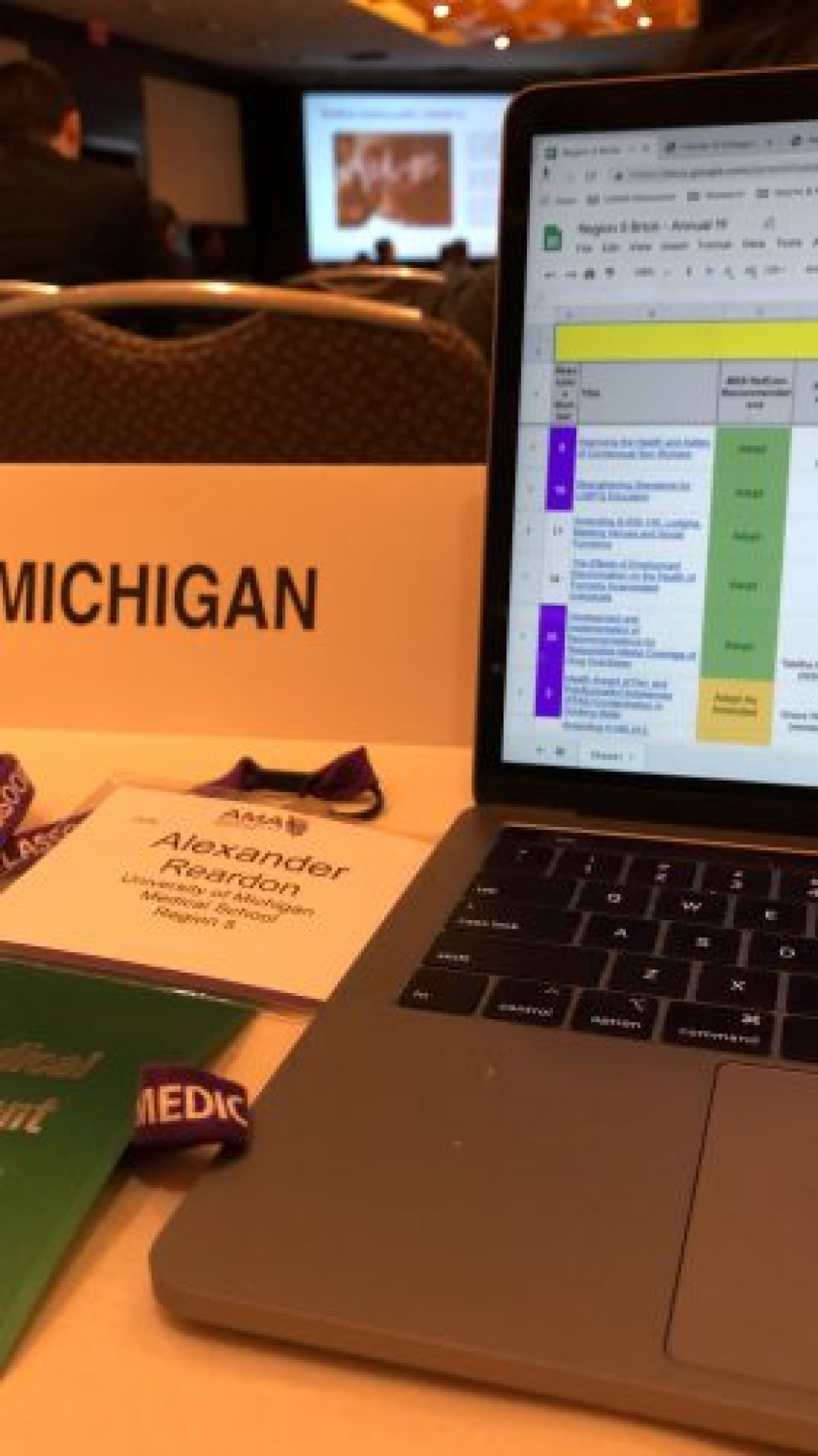
I took the train to Chicago and got in late Thursday night. After an early breakfast on Friday, I got my credentials (a piece of yellow paper with UMMS written on it) that indicated I was a voting member of the MSS assembly. I didn't realize how heavily these types of assemblies rely on Parliamentary Procedure (or Parli Pro, as self-proclaimed Parli Pro nerds call it) to keep things moving. The whole scene of the first session was one of ceremony and formality that I didn't expect – a blur of motioning, seconding, and objecting to the various resolutions that medical students from across the country had submitted to be debated and adopted (or rejected) as AMA-MSS policy. Resolutions are proposals that ask the AMA to take a specific political position or to initiate an action. If a resolution passes with a majority of votes in the MSS, it can then go on to the full AMA Physician section to be adopted (or rejected) as the official stance of the AMA.
After the first session, we split in to smaller regional meetings. These regional meetings have a very 'The War Room'-esque feel about them. In our region, medical students from Michigan, Indiana, Ohio, West Virginia, and Kentucky tried to reach a consensus on a wide range of resolutions that would be coming up for a vote in the afternoon and strategized about the best way to get resolutions authored by our students passed by the majority. After an hour and a half of deliberation, we broke for lunch and the afternoon session.
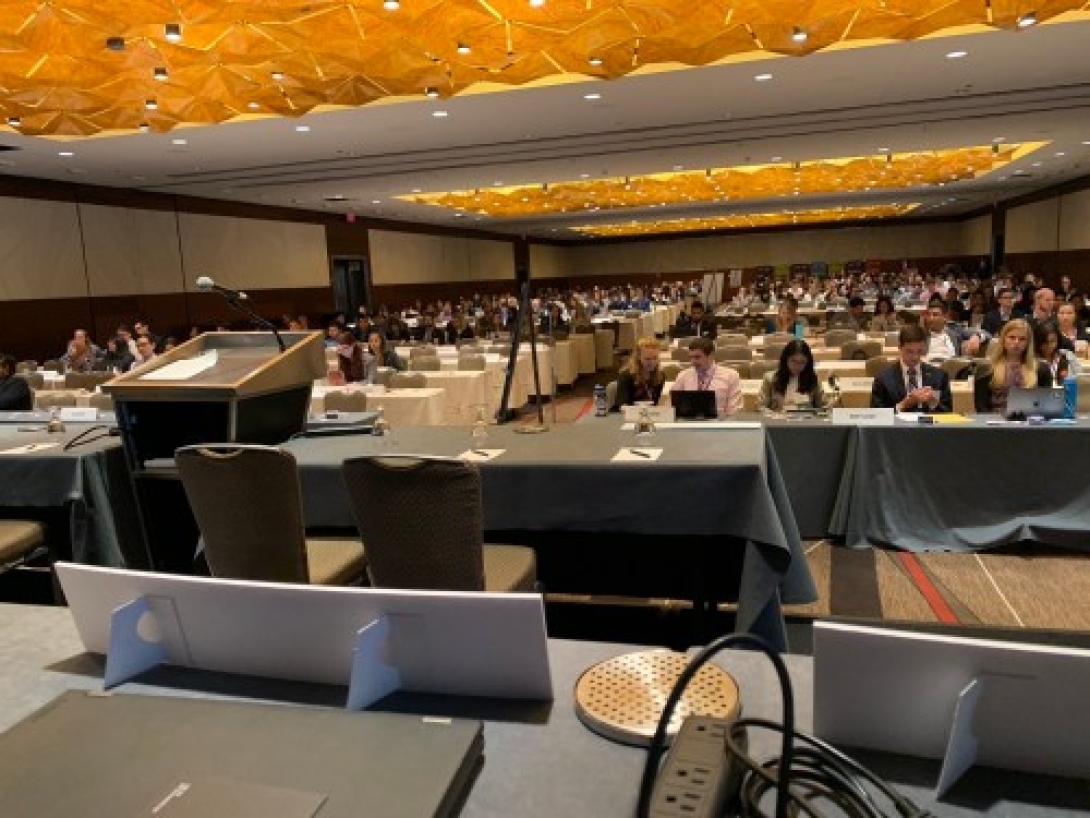
During the large assembly gatherings, if anyone in the room feels strongly about a resolution, they are encouraged to find a microphone and make their case to the group for passing or rejecting (or reaffirming or referring for study or tabling, etc., refer to paragraph 2's comments on Parli Pro) it. I'm not a big fan of public speaking even to just our Leadership small groups, let alone hundreds of medical students at once. However, there were two resolutions that came up that would seek to expand the AMA's efforts around ensuring patient safety and well-being throughout their recovery from opioid use disorder (OUD). This is a personal and academic interest of mine, and I didn't want to miss my chance to inform my colleagues; decision about the policies. I nervously went to the mic and urged the Assembly to bear in mind the social and economic determinants that our patients with OUD and other addictions face, and to recognize that we should bring the resources of the AMA to bear on those problems where we can.
I'm not sure how much of an effect a single testimony like that actually had on people's votes, but I was proud to stand up for vulnerable patients in that moment. Moments like that are why I joined the AMA in the first place. I'm on the train back to Ann Arbor while I write this, and I still need to take that Infectious Disease quiz. But I'm glad I didn't miss a weekend full of learning, networking, and advocacy.
University of Michigan Medical School
Want top health & research news weekly? Sign up for Health Lab’s newsletters today!

